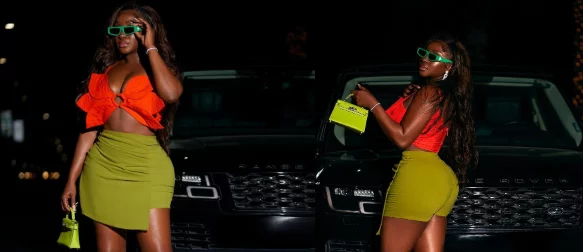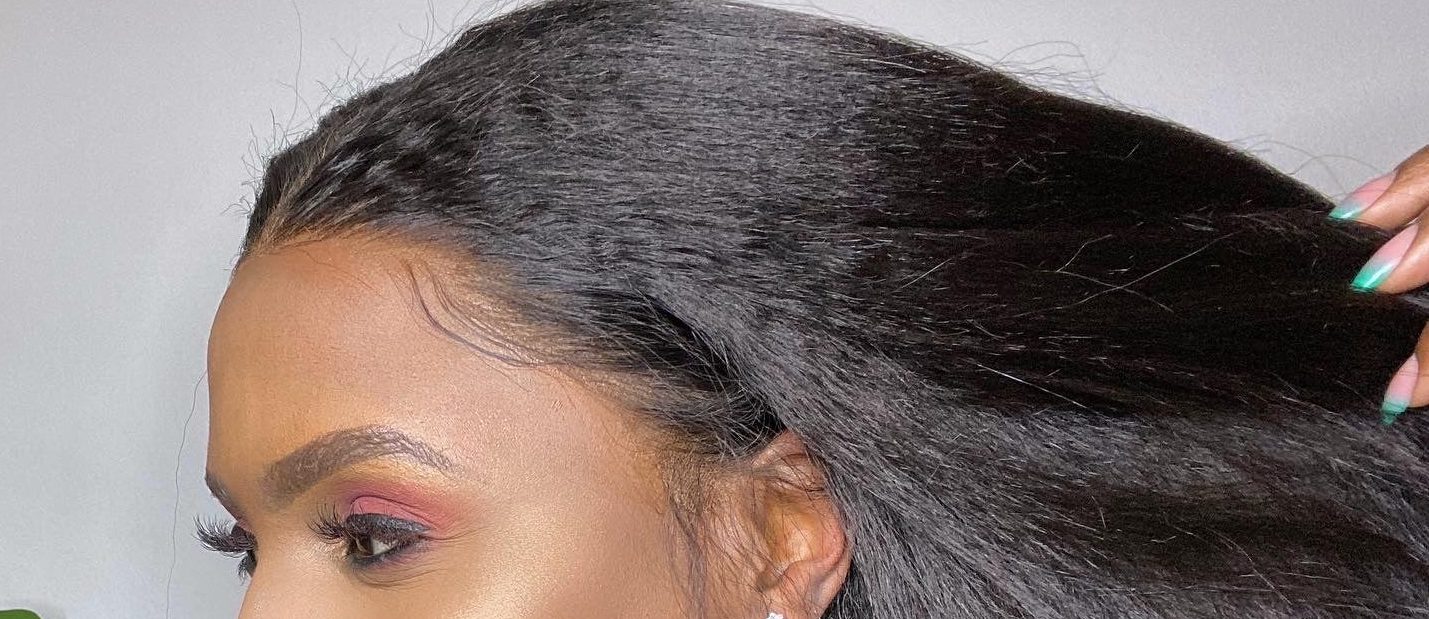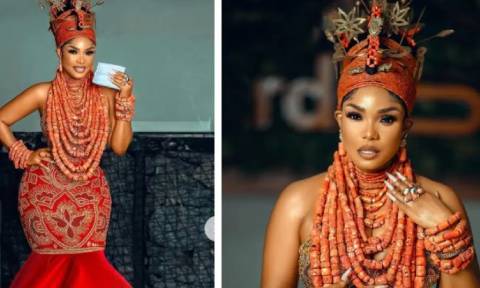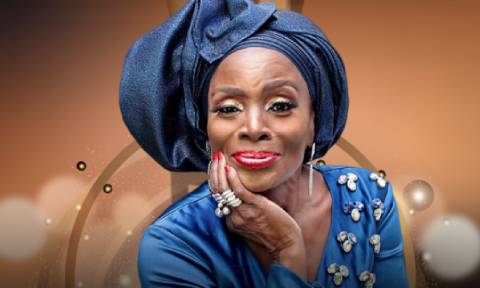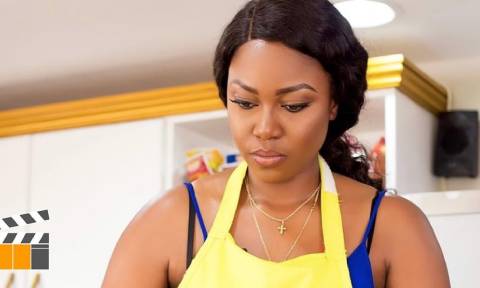
A devout advocate of natural skin care, Dr May Nkiru Ikeora is CEO, L’Avyanna Skin Natural, makers of natural and organic skin care products. Produced in the UK where she has lived and work as an international development expert and human rights consultant for almost a decade, L’Avyanne, though new, is rapidly gaining its way into the international market — and into Nigeria too.
Armed with a PhD in Law, the ex-beauty queen who presently works as a Senior Researcher with some consulting firms in the UK alongside running her business, was in Nigeria recently and she had an encounter with Vanguard.
You’ve pitched your tent in international development and human rights consultancy for almost a decade, why the sudden interest in business?
I have always had an eye for business ever since I was a little girl. I remember making cards and selling them as far back as age 11. My dad, who was a banker at the time, opened my first bank account with the sales made from the card. I am an entrepreneur today because it truly empowers me as a woman not just at this present time but also for my future.
I got into the cosmetology business after many years of searching for a healthy skin care product that would satisfy my beauty needs without damaging my skin. I even took professional courses on cosmetology to educate myself and now, I decided to share my discovering through my product line.
Challenges abound in every business; what exactly have been yours, especially as an ex-beauty queen?
I face the usual challenges a lot of women face in building a new business in Nigeria. I don’t necessarily think my challenge has got anything to do with being a beauty queen. I think one of my main challenge lies in the fact that my career path is so different from my business. With a PhD in Law, people expect that I should aim to be a professor someday, which is not far from my aspirations. Hence, I endeavour to merge both my academic career with my business.
On the other hand, some people expect that being an ex-beauty queen should make the marketing of my products easy. I agree a little but not for the sort of business model that I utilise. I want my product to speak for itself. I use it, it works for me and my customers also give positive feedback; which is pertinent.
What’s the acceptance of your products like in the UK where they’re produced?
Though new in the market, L’Avyanne is well received abroad as most people, in England especially, are all about skin health, naturals and organics. I hardly need to explain my business to them, they just get it! However, with the immense knowledge of skin health in England, there is obviously more competition. I actually focus more on situating the business in Nigeria.
Why Nigeria? Do you envisage similar or better acceptance here?
Natural skin care in Nigeria is yet to gain real attraction, as there is still high demand for bleaching creams. I believe skin bleaching will phase away pretty soon as people are becoming more informed. I can only say that my skin care line in Nigeria is growing. After all, Nigeria is my target market and I look forward to the exciting new products that we would be adding to the line.
Nigeria is a viable trading place but with some unnecessary challenges. I really hope that this new government will create an enabling environment for entrepreneurs like us to thrive. Right now, I’m working to situate my business, L’Avyanna, in Nigeria. I have worked in a lot of African countries and Europe, but I have not worked in Nigeria as I would like to work. Luckily for me, I’m getting a UK Department for International Development (DFID) job in Nigeria as a consultant.
READ ALSO: Niger journalist arrested for ‘collaborating’ with Boko Haram
Prior to L’Avyanna, have you done business in Nigeria before?
Yes, but as an artist. During my first degree in the university in Nigeria, I made pencil portraits, oil on canvass and other types of paintings for sale or as demanded by clients. I made commissioned works for banks, other private sector companies and individuals. I had several exhibitions in several venues including the National Museum and TerraKulture where I had my first solo exhibition. Painting was good business for me but it was a self-taught talent which conflicted with my actual career path at the time. I still paint for leisure.
What areas of skin care is L’Avyanna focused on?
At the moment, we are dealing in face related products. For me, I believe the health of your face is more important than whatever cream or make-up you use. I believe your face is a canvass and it needs to be taken care of before anything. I have been in this for quite a while and people tell me that I look younger than I did when I first started. I believe my skin routine is very important.
A lot of us take things for granted here in Nigeria. Some people are more likely to buy cream and feel that cleansers are not important. Actually, God has blessed us so much that your skin has the intelligence to repair itself but it cannot clean dirt. The air in Nigeria is not so fresh. We attract toxins and if you add a cream on top of toxins and you are not taking anything out, you complain about pimples. You say the cream causes pimples but it’s the attitude to your face that is causing the pimples.
Do you produce them yourself?
I have manufacturers that make these products. I underwent training on cosmetology to really understand the ingredients. I can make the products myself but I need them in large quantity and I don’t have the equipment to achieve that.
Tell us more about yourself and your days as a beauty queen?
Like you already know, I’m a Lawyer. I’m affiliated with international organizations like the Kofi Anan International Peace Keeping Institute at the UN, ECOWAS and the AU; these are people I work with.
I was the first runner-up of the Most Beautiful Girl in Nigeria pageant in 2003 and was Miss ECOWAS 2004 hosted by Cape Verde. I was the first Nigerian to win Miss ECOWAS. Beauty Pageants were just stepping stones for me. I contested beauty pageants because I needed money to complete my education. It got to the point that I think God wanted me to as I got the money and went back to school.
By the time I became Miss ECOWAS, I was rounding up my degree programme and I thought my career was more important to me than the usual glamour of becoming an actress or model. For a long time, I was doing pencil portraits and my first account was opened with the proceeds. I did a bit of modelling but I’m known for pencil portraits in the university.
Click And Read More From Newstrack.ng


